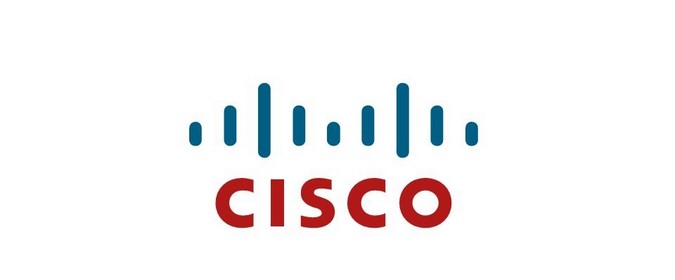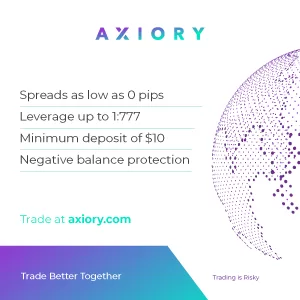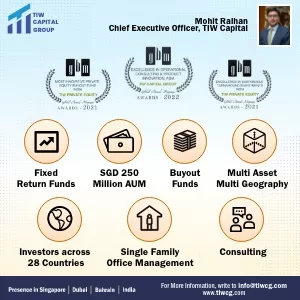Reports and Insights
Cisco Survey Reveals: As Consumers Shift Towards A ‘Smarter’ Digital Life, Reliability, Security and Sustainability Emerge as Key Needs

- Consumer expectations will reshape the needs and economics of the internet. Today, more than 60% of consumers in EMEA expect to connect cars, appliances, energy and water to the internet, and broadband networks must scale to support this.
- Increased dependence on broadband for everyday tasks, however, means that while speed is still the main priority for upgrades (40% of respondents), security is now a close second (38% of respondents).
- Sustainability is now a key driver of consumer choice with 77% of respondents willing to pay more for broadband with a lower carbon footprint.
The Cisco Broadband Survey, released, finds that evolving consumer expectations will reshape the needs and economics of the internet. People in EMEA (Europe, Middle East and South Africa) are rethinking what they rely on the internet for, balancing classic demands for speed and reliability, with the intensifying needs of rising eco-consciousness, secure cloud infrastructure, and the consumerisation of technologies such as the Internet of Things (IoT) connecting our devices, from smart cars to home appliances. This has led to 79% of survey participants ranking broadband as critical national infrastructure, escalating the need for the technology industry to respond to these asks and accelerate the journey towards a more sustainable, secure internet for the future.
Consumers Want to Invest in Sustainable Broadband
The carbon-cost of broadband connectivity is a top priority for consumers. Cisco’s Broadband Survey revealed that 65% of consumers in EMEA are now concerned about the carbon footprint of their broadband, with young people aged 18-24 the most concerned (73%). In addition, 77% said they would be willing to pay more for sustainable broadband, with around a quarter prepared to pay a price premium of more than 20%. This supports a wider market trend, shown in a 2019 survey by Nielsen and a 2022 survey by Globescan, revealing widespread consumer awareness around the environmental impact of the products they use and a demand for companies to step up and mitigate negative impacts on the planet. sharing and faster decision making.
Security Is a Priority as More Move Online
In parallel to growing environmental concerns, the emergence of hybrid work and the ever-increasing blur between the professional and personal lives of employees brings new risks into the home. Despite most consumers using their broadband for tasks like banking and work, passwords are still the most popular way (53%) that survey respondents protect home networks and devices; only a quarter have switched on their router’s firewall. This is despite previous Cisco research revealing that 57% of consumers worry about cybercriminals hacking their devices. While speed is still the main priority among those planning to upgrade their broadband in the next year (selected by 40%), security is now a close second, ranked by 38% of consumers as a top priority when choosing their broadband package.
Connection to Increase as Consumers Expand their Digital Lives
As the number of IoT devices online grows from billions to trillions, so does the demand for bandwidth and processing power to analyse all the data produced. According to the Cisco Broadband Survey, there’s no sign of this slowing down. Consumers are instead embracing the shift toward a ‘smarter’ digital life. A majority already have, or expect to have, their cars (67%), lights (74%), appliances (71%), energy (76%) and water (64%) connected. Indeed, more than half of consumers surveyed (54%) indicated feeling positive about new ways to connect their homes and lives to the internet. This is despite a majority (63%) saying that the cost-of-living crisis has changed the way they spend money on digital services: 21% have reported moving to a lower cost broadband package and 16% have cancelled streaming services.
“The carbon footprint of the information and communications technology sector is estimated to account for around 2.1 – 3.9% of global greenhouse gas emissions, and more than half of that comes from networks and data centers. Cisco is on a mission to transform the economics and sustainability of the Internet for the Future. That means designing products with energy efficiency and security in mind, adopting circular economy principles in product development and business operations, and taking a smart and sustainable approach to lifecycle management. In addition to the cybersecurity threat landscape constantly evolving and expanding, we have to deal with the increasing threat of climate change. Prioritizing sustainability and security in broadband infrastructure is therefore crucial to enable lasting and resilient digital transformation,” said Gordon Thomson, Vice President Service Provider – EMEA, Cisco.
“The old technology adage of ‘faster, cheaper, better’ has not been relevant for a long time. It’s now about simplifying solutions and building networks that can fuel global connectivity and economic growth, facilitating and protecting the digitalization and automation of everyday activities, all without losing sight of our impact on the future,” he continued.
Source: Cisco


















































